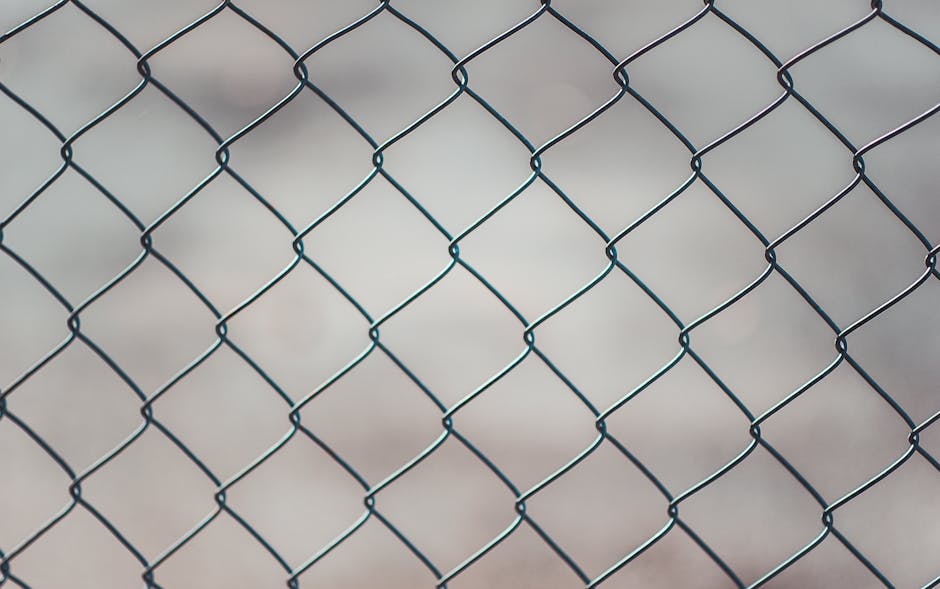 Precision in Medical Procedures: The Importance of Dispensing Needles
Precision in Medical Procedures: The Importance of Dispensing Needles
Medical procedures require a high level of precision to ensure the best possible outcomes for patients. One crucial aspect of achieving this precision is the use of dispensing needles. These needles play a vital role in various medical applications, including injecting medications, withdrawing fluids, and administering vaccines. You may be familiar with the concept of dispensing needles, but their significance and functionality might not be entirely clear.
Dispensing needles are designed to provide a precise and controlled way of delivering or withdrawing substances. They come in various sizes and gauges, each suited for specific medical tasks. The gauge of a dispensing needle refers to its diameter, with higher gauges indicating smaller diameters. The choice of needle gauge depends on the viscosity of the substance being dispensed and the desired flow rate. For instance, thicker substances require larger gauges, while thinner substances can be handled with smaller gauges.
When it comes to medical procedures, accuracy is paramount. Dispensing needles are engineered to minimize the risk of complications, such as infection or tissue damage. Their design ensures that the substance is delivered or withdrawn with minimal trauma to the surrounding tissue. This is particularly important in procedures where delicate tissues are involved. You can appreciate the importance of dispensing needles in maintaining the integrity of the tissue and promoting optimal healing.
The materials used to manufacture dispensing needles are also critical to their performance. Needles are typically made from high-quality stainless steel or other biocompatible materials that resist corrosion and can withstand sterilization processes. The surface finish of the needle is also important, as it affects the ease of insertion and the risk of tissue trauma. A smooth surface finish can reduce the friction between the needle and the tissue, making the procedure less painful for the patient.
In many medical settings, dispensing needles are used in conjunction with syringes to administer medications or vaccines. The needle is attached to the syringe, and the substance is drawn up or expelled through the needle. The precision of the needle is crucial in ensuring that the correct dose is administered. You should be aware that using the wrong size or type of needle can lead to inaccurate dosing, which can have serious consequences for the patient.
Dispensing needles are also used in laboratory settings for various applications, including sampling and injecting substances into laboratory equipment. In these contexts, the needles must be precision-made to ensure accurate and reliable results. The use of dispensing needles in laboratory settings highlights their versatility and importance in a range of medical and scientific applications.
To ensure the safe use of dispensing needles, proper handling and disposal procedures must be followed. Needles should be handled carefully to avoid accidental punctures, and they should be disposed of in designated sharps containers to prevent injury and infection. You should always follow established protocols for handling and disposing of dispensing needles to minimize the risk of complications.
The design and manufacture of dispensing needles continue to evolve, driven by advances in medical technology and the need for improved patient outcomes. Manufacturers are developing new materials and designs that enhance the performance and safety of dispensing needles. For example, some needles are now designed with specialized coatings or surface treatments that reduce friction and improve their overall performance.
As medical procedures become increasingly complex and sophisticated, the importance of dispensing needles will only continue to grow. You can expect to see further innovations in the design and manufacture of dispensing needles, driven by the need for precision, safety, and efficacy in medical applications. By understanding the role and significance of dispensing needles, you can appreciate the critical contribution they make to achieving optimal patient outcomes.
In conclusion, dispensing needles are a crucial component of many medical procedures, providing a precise and controlled way of delivering or withdrawing substances. Their design, materials, and manufacture all play a critical role in ensuring the safe and effective use of these needles. As medical technology continues to evolve, the importance of dispensing needles will remain a vital aspect of achieving optimal patient outcomes.